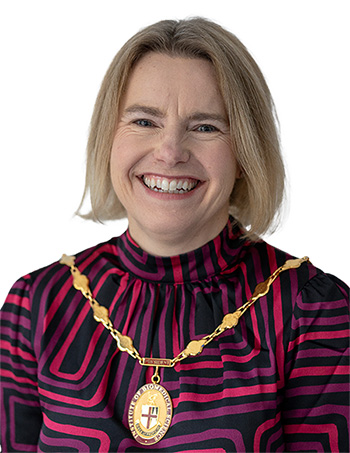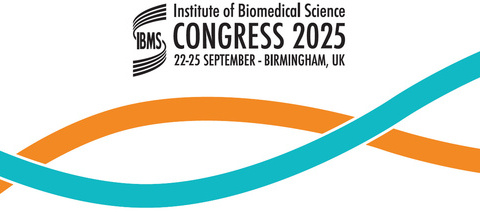Access to Congress content
Please note
The programme and speaker profiles will no longer be accessible from January 19th.
For CPD records, please ensure that you save any of the relevant speaker information you require by the deadline. We cannot make the information available after this date.


Whether you are a first-time attendee or a long-standing participant, I am delighted to see our vibrant community come together once again to connect, collaborate, and innovate. This year’s Congress promises to be our most comprehensive yet, offering a wealth of knowledge and inspiration through a diverse range of educational programmes, cutting edge exhibitions, and unparalleled networking opportunities.
More content and extra opportunities
|
|
|


















